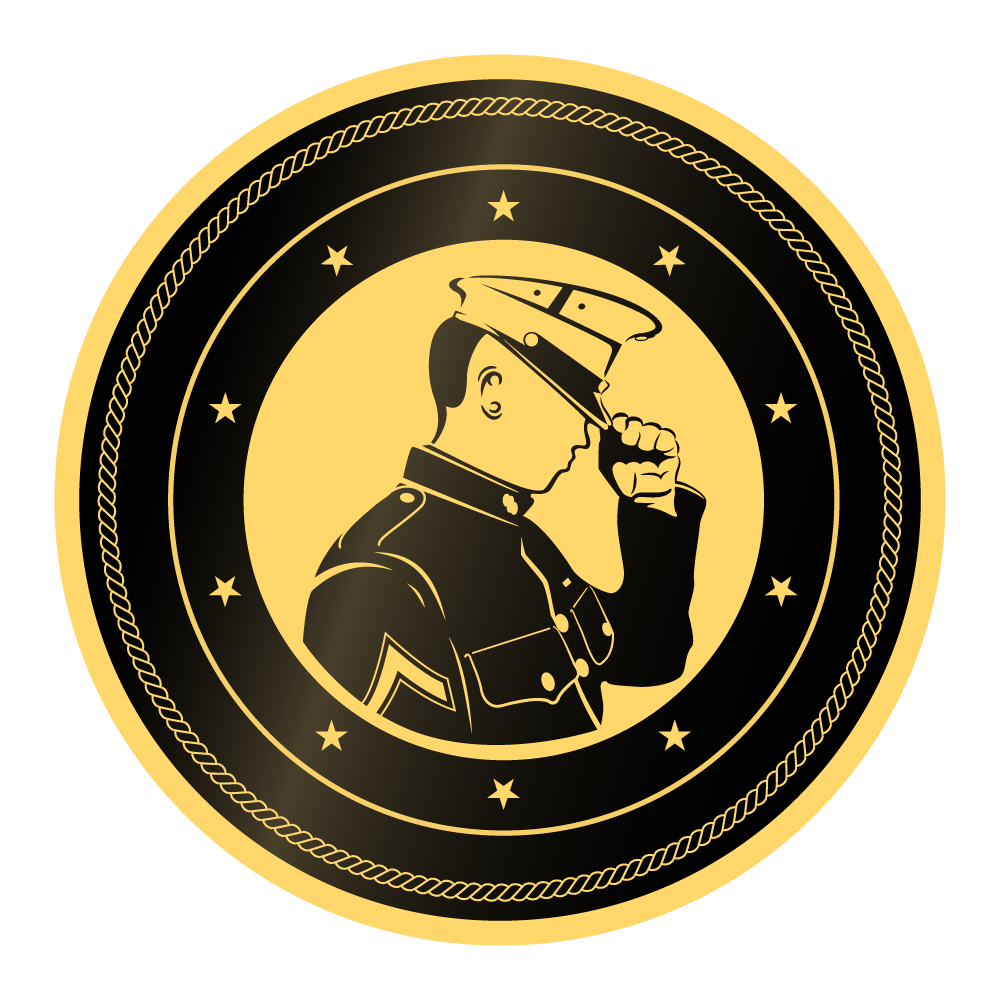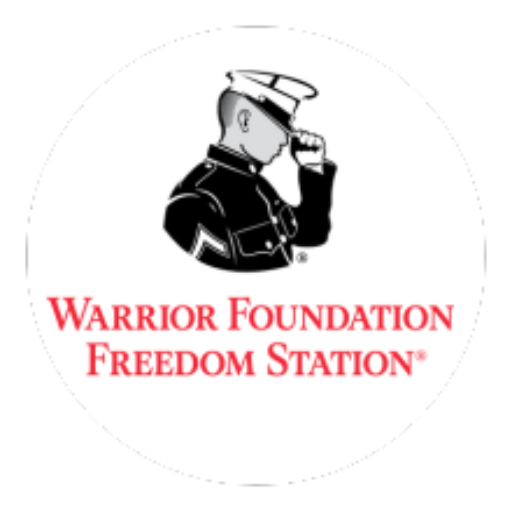Josue Barron
U.S. Marine Corps 2007- 2013
By Erin Cartaya
“I’m Not a Hero Because I Got Injured”
To be combat-wounded in the 2010s was somewhat familiar; adapting to a new normal was not. Josue Barron was in Afghanistan in 2010 when someone’s misstep on patrol changed his and his group’s lives forever. But that isn’t what makes him a hero, not in his eyes.
“I don’t want to be a hero because I got injured. I want to be a hero for what I did after. I am blessed; I have a beautiful family and life. I have everything I need, but the injury is a tool in my life to make it even better. You know, where I come from, I never envisioned myself with a family, dedicated to sports or raising kids. I was supposed to be on the streets hustling.”
Where Loyalty Leads You
A single mom. Seven siblings. The streets of LA. As Josue recounts his childhood, he always had a fear of his mother in the back of his head. It made his loyalty go from “brotherhoods” on the streets to commitment to the Marine Corps. Around 14, he saw himself propelled into gang life, and although he thought he was tough, he was afraid to disappoint his mom. He knew deep down that he didn’t want that life. It was a single path he was going down and a label he didn’t like.
So he and a friend reached out to several different Military branch recruiters. And while his friend was unable to join, Josue finally found the Marine Corps. His service started in 2007. He was home shortly after his first deployment and met his now-wife in 2009. They were engaged six months later.
He then got deployed to Afghanistan in 2010. Sangin was a small city where everything was happening; casualties were everywhere. Josue was part of the first American troops to go into this area. One night in October, Josue went on a foot patrol to look for a Taliban soldier that a sniper had shot. But due to protocol, they had to wait until morning to recover the body.
When they got to the body, they discovered it was missing. The Taliban had gotten it. Even though they took the same path back from the body, one of the guys in their group tripped or misstepped and stepped on a landmine.
… He knew what had happened, but he was upset. With his vision gone immediately, all he remembers is wanting to stay “until the job was done,” but he was in pain. He remembers asking for help with tourniquets. Medical came 20 minutes later and took them to Germany to clean them up. Josue didn’t wake up until they had reached Maryland – 4 days.
His wife was there when he awoke. “You won’t recognize him,” they said. He couldn’t see her when he came to, but he held her hand and knew she was there. He didn’t care that his leg was missing but couldn’t understand why he couldn’t see.
As he started to recover, Josue wanted to be home near family. The closest medical facility was in San Diego. So he and his wife moved to San Diego.
The Freedom Station Married Life, with Fluffy
When in San Diego, Josue was assigned a therapist to get him back into “normal” life. He loved basketball and wanted to play. He knew there was a community of people that played adaptive sports. Josue wanted to be a part of a group of people going through the same thing he was. At first, he was afraid of the look of it; what people might think of him. But he still got in a wheelchair and started playing. Little by little, he got better and more involved. He began to see men around him going through the same thing, making him more comfortable. But they couldn’t compete; they didn’t have the equipment to compete.
Josue then met Sandy Lehmkuhler. They discussed his situation and that basketball had been helping him, and a few others, recover. But they needed more. Together, with Sandy and a few others, they created “The Wolfpack.” He created the logo, came up with the name “Wolfpack,” and got uniforms made.
Sometime later, Josue attended a fundraiser where he saw the Freedom Station. Renting a house in Point Loma, Josue knew he wanted to live in San Diego and have a family after retiring. Although he was married, he approached Sandy and asked if he and his wife could live at Freedom Station I with their Yorkie, Fluffy. Sandy allowed them to live there.
Josue recounts the support he had for transitioning, for his wife, and Fluffy. He lived there for almost two years. From the time he got out of the hospital to the time he left the Marine Corps, Warrior Foundation helped him recover in more ways than he could have expected. He had people from his unit also transitioning, which gave him that sense of “brotherhood” he always sought. After getting his leg amputated, Josue was embarrassed to come out into the world. He felt like he was being stared at and constantly judged. Being at Freedom Station helped him to be with people in similar situations – or worse- and that helped him accept himself physically and mentally.
For Josue, living at the Freedom Station was like going home to mom. “They are not going to let you fall. There is always someone there in your ear to tell you to pick yourself up, to tell you ‘you got this.’” He says that had he gone straight into civilian life, he would’ve been in a darker place. Most of his friends from Los Angeles were still on the streets. He would’ve gone right back into that life.
The (Bi)Cycle Continues
From his retirement in 2013 until 202, Josue was not only helping the Wolfpack grow, but he was also growing his family. He and his wife moved up to Temecula and have been living life to the fullest.
During the pandemic in 2020, however, contact sports were not an available outlet for Josue anymore…so what was he going to use for a physical outlet? With the Wolfpack out of the question, it was time to find something else.
Enter cycling
Josue borrowed a friend’s bicycle and spent several days getting acquainted with adaptive cycling to keep from getting antsy at home. Within days he was acclimating and finding ways to better his times. He knew immediately that his love for this sport would continue to grow. Now ranking among the top in the world, Josue has a 5-year plan to make the Olympics.
Josue knows that someday he won’t bike anymore. He won’t be competitive in basketball. But what he wants is to be able to show his kids his accomplishments and for them to know that whatever happens in the past does not dictate what your future can bring. “It’s not what happened to you that makes you who you are. It’s what you do after what happened that you should be proud of.”






